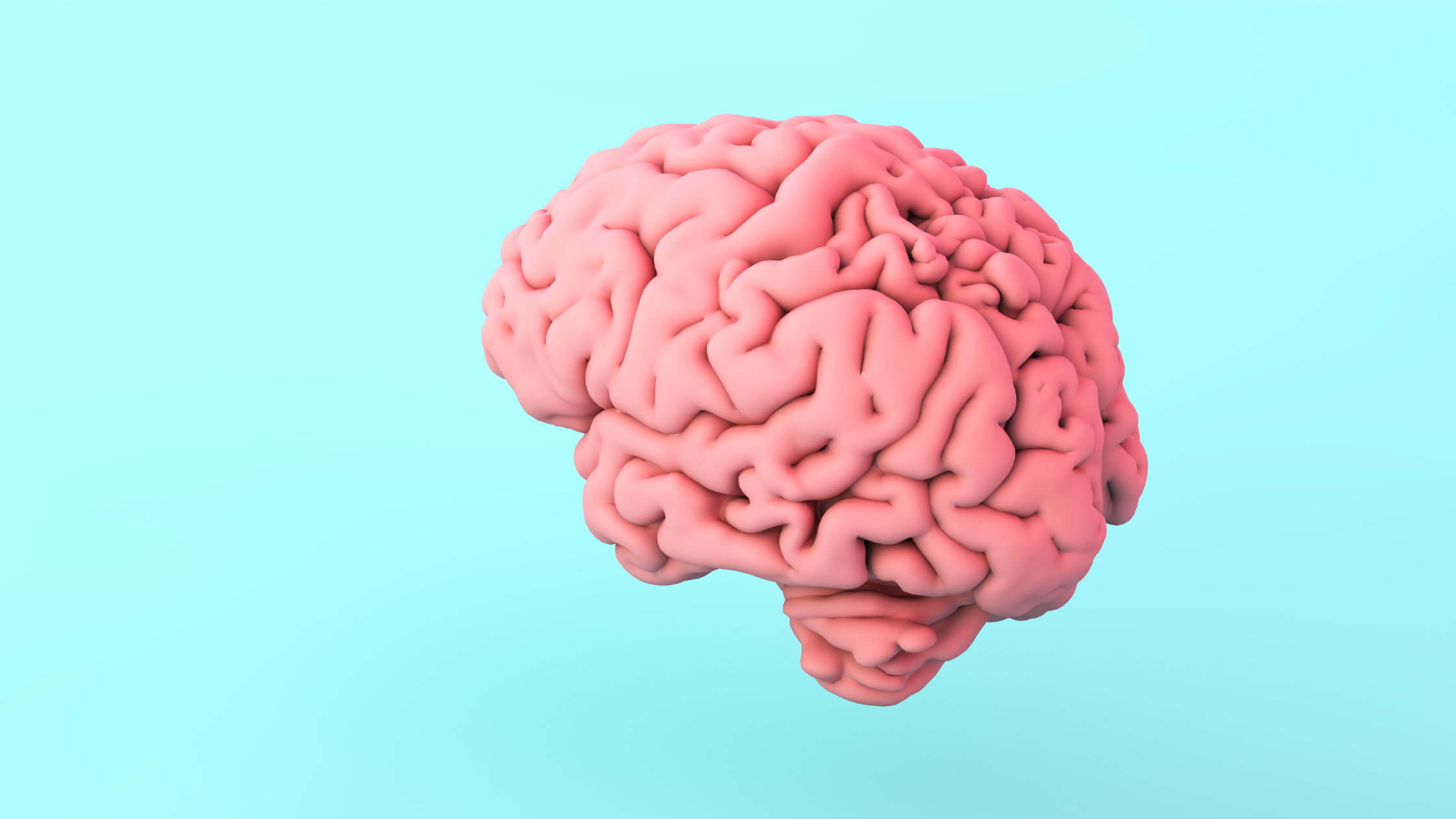Cognitive Impairment Disorders | Nursing Care Plan and NCLEX Prep

Learning about Cognitive Impairment Disorders for nursing students
I have come across multiple patients with dementia and each one poses a different challenge. The one thing they all tend to have in common is that they can become extremely confused quickly.
One patient may be so confused that they continuously try to get out of bed when it is not safe and become verbally or physically aggressive. While another patient with the same diagnosis may just need a little redirecting/reorienting about the situation they are in.
Either way, I have found that having the patient’s support system or family at bedside can be helpful. If that is not an option, then it is important to determine their baseline so you can be vigilant about any sudden changes that may occur, and remember they are often confused and can be scared as well, so be patient with them, do not argue, and reorient as needed.
Struggling to keep up in class?
The Nursing School Survival Package gives you a daily plan, visual cheatsheets, and everything you need to stop falling behind.
👉 Get the system that actually works →
Overview of Cognitive Impairment Disorders
Includes Autism-spectrum disorder (ASD), attention-deficit hyperactivity disorder (ADHD), Dementia, and Alzheimer’s Disease
General Information for Cognitive Impairment Disorders
1. Dementia
a. A broad category of brain diseases that are gradual and long-term which result in self-care deficits, largely affecting a client’s ability to function.
i. Various types can affect people of varying ages and it can progress at different rates.
ii. This results in judgment impairments and issues in problem solving and behavior.
2. Alzheimer’s Disease
a. Alzheimer’s is a TYPE of dementia and is an irreversible form caused by nerve cell deterioration.
i. There is a steady, progressive decline in functional capacity.
Nursing Assessment for Cognitive Impairment Disorders
1. Apraxia - difficulty performing motor tasks2. Aphasia - difficulty progressing to inability to speak and understand what is being said to them
3. Agnosia - doesn’t recognize familiar people or objects
4. Amnesia - memory loss
Therapeutic Management for Cognitive Impairment Disorders
1. Caregiver stress
a. Role strain – i.e. child caring for a parent
b. Sadness due to loved one not recognizing them
2. Safety
a. Wandering can be an issue. Units should be locked/secured, clients should be supervised.
b. Watch water temperature – may burn themselves
c. Remove anything toxic or hazardous from easy access
d. Watch for agitation
i. Remove things that increase agitation
e. Decrease stimuli/reassure the client
f. Never argue
g. Use a calm, reassuring voice with gentle touch (when appropriate)
h. Watch for sundowning
i. Increased confusion at night
3. Communicate
a. Maintain eye contact
b. Stand in front of them, be calm, firm, and direct with communication and tasks
c. Simple one-step tasks/direction
d. Use short, simple words
e. Always identify them and yourself
f. Reorient as needed, which may be frequent
4. Promote their current abilities
a. Keep familiar things around them
b. Continually reinforce what they know and can do at this point in time
c. Promote independence, and supervise to ensure ADL’s are taken care of
d. Utilize familiar simple games and activities they enjoy
i. Coloring, reading books they enjoy
ii. Talk about their memories
iii. Maintain routine
iv. Pay attention to fatigue, memory strain, and agitation and provide ample time for rest
v. Keep a calendar and clock on the wall and refer to it when discussing the date/time
Nursing Case Study for Cognitive Impairment Disorders
Mrs. West is an 83-year-old female patient hospitalized for a recent fall at home. She has injured her hip and her husband states she has a known diagnosis of Dementia. He states that she tried to leave their home in the middle of the night due to confusion and tripped over a rug in the front hallway.
She does not recall falling and requires a sitter for consistent attempts to get out of her hospital bed and “go to the store”. The doctor has ordered bed rest while she awaits a surgical procedure to repair her injury.

How will you treat this patient? How often will you reorient and educate? How will you educate the husband about home safety and provide resources for him to assist in caring for his wife? Could he be suffering from possible caregiver burn-out and need assistance or a break a few days a week?
Answers to Nursing Case Study on Cognitive Impairment Disorder
Treatment Approach:
Ensure her physical comfort and monitor her pain levels.
Implement fall prevention measures, such as bed alarms and non-slip surfaces.
Collaborate with the healthcare team to manage her hip injury and prepare for surgical procedure.
Provide consistent reorientation and support to address her confusion and minimize her attempts to leave the hospital bed.
Administer any prescribed medications as needed.
Reorientation and Education:
Reorient Mrs. West regularly to time, place, and situation due to her known diagnosis of Dementia.
Educate her about her current situation, injury, and upcoming surgery as appropriate, using simple and clear language.
Repeatedly explain the need for bed rest and the surgical procedure, addressing any questions she may have.
Educating the Husband:
Discuss with the husband the challenges associated with Dementia, emphasizing that confusion and attempts to leave are common symptoms.
Provide education on home safety measures to prevent future falls, such as removing tripping hazards and ensuring adequate lighting.
Offer resources and support groups for caregivers of individuals with Dementia to provide information, guidance, and emotional support.
Possible Caregiver Burnout:
Assess the husband's well-being and inquire about his ability to manage caregiving responsibilities.
Discuss the possibility of caregiver burnout and the importance of seeking assistance or respite care if needed.
Offer information about local respite care services that provide short-term relief for caregivers, allowing them to take breaks and recharge.
Assistance and Support:
Suggest that the husband consider reaching out to community resources, such as local aging agencies or Alzheimer's associations, for additional support and guidance.
Recommend the option of hiring professional caregivers or arranging for assistance a few days a week to provide him with some relief.
*NCLEX is heavy on safety in the home for the elderly population. There are multiple questions about how to best provide safety for this population in general and the added diagnosis of dementia means that you also need to consider how to assist the family in caregiving that is appropriate.
Struggling to keep up in class?
The Nursing School Survival Package gives you a daily plan, visual cheatsheets, and everything you need to stop falling behind.
👉 Get the system that actually works →
You CAN Do This
Happy Nursing!





%20nclex%20review%20nursing%20students.png?width=352&name=COPD%20(Chronic%20Obstructive%20Pulmonary%20Disease)%20nclex%20review%20nursing%20students.png)

.png?width=352&name=Coronary%20Artery%20Disease%20nclex%20review%20for%20nursing%20students%20(1).png)